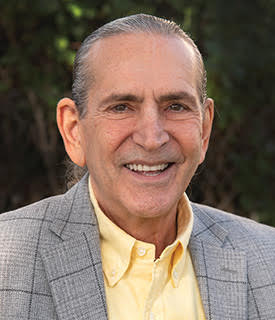Drugs serve as psychological painkillers for addicts. They’re both a solution and a consequence to psychological pain. Those who come from adverse childhood environments tend to struggle with navigating and controlling negative emotions in adulthood. Drugs, alcohol, and other destructive behaviors and addictions help them cope – although ironically it’s more damaging than helpful. Even if addicts are aware of the consequences, the desired high is more appealing.
Some people are looking for a stimulant while others may be looking for a depressant. Different substances have a different effect. When someone is anxious and stressed, a depressant becomes more appealing. When someone is bored and empty, a stimulant would be an option for a pick-me-up. What ever the reason, that’s the internal source of self medicating. People choose to reach for something that would help them regulate emotions in some way. Understanding the origins of self medication helps professionals know how to better treat individuals for addiction.
What some abusers forget, or disregard, is the fact that self medicating by abusing substances is a momentary fix that drags on long term effects. When the high wears off and the moment passes, they are reminded of reality and turn back to another round of self medication. As this addictive cycle continues, addicts are stacking up long term damage.
Even though the substance itself has addictive properties, if we don’t heal the psychological and emotional source, the addict will continue to struggle with addiction. Some users have a more challenging time bouncing back when recovering from addiction, which is why interventions and addiction services with a medical professional are highly encouraged.
If you’re located in the San Diego area, contact Crownview Medical Group for advice and intervention and addiction services with a medical professional. We have offices located in Carlsbad and Coronado.

References:
What does drugs do for you. (2014, November 10). Psychology Today. Retrieved December 15, 2014, from http://www.psychologytoday.com/collections/201410/the-science-addiction/what-does-the-drug-do-you
























